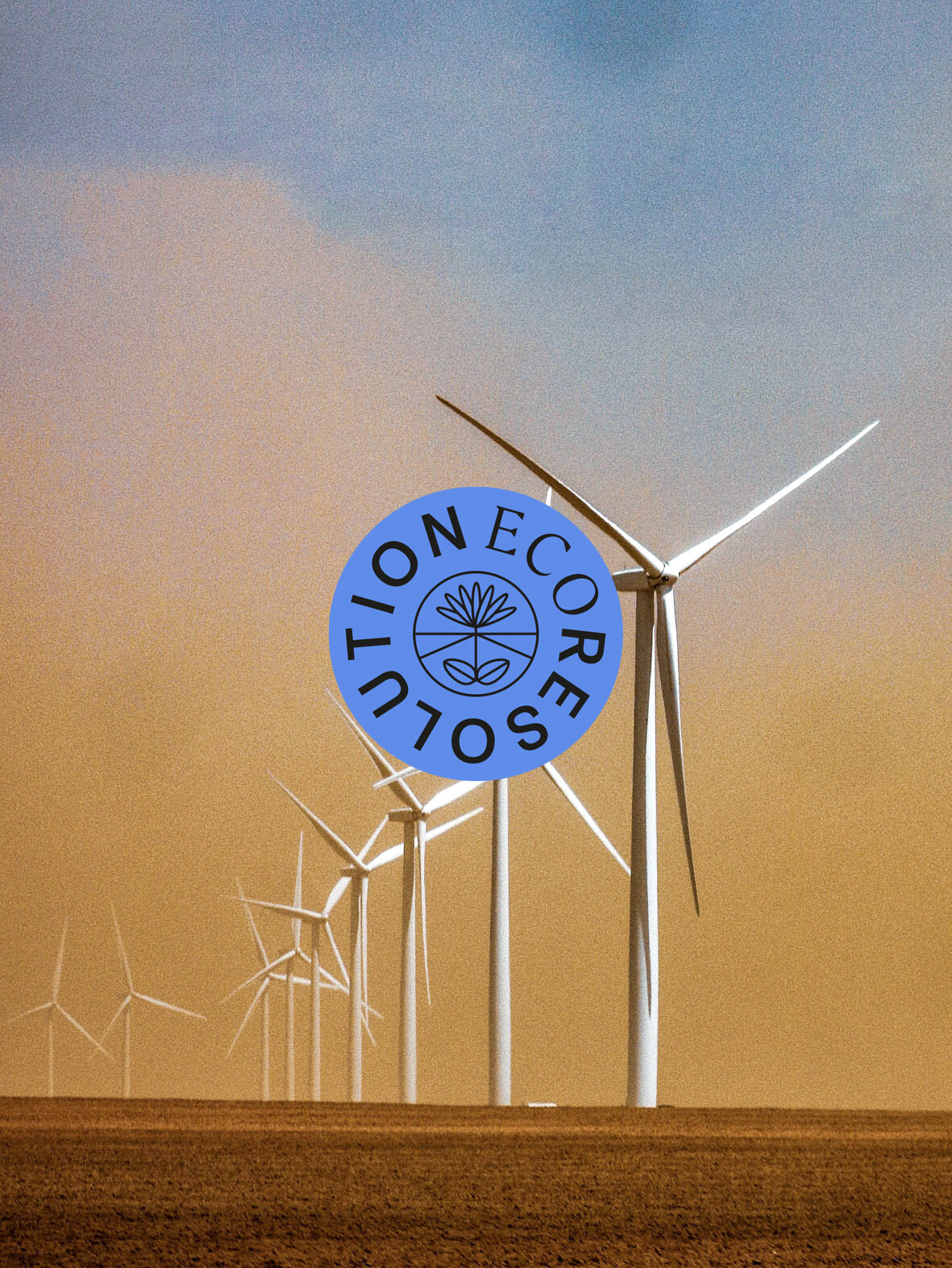Economy and Ecology
In today’s world, just pairing these two constructs presents a problem. A big one.
As big as our (supposedly) infinitely expanding economy, even. The global financial system is both wholly dependent upon and entirely at odds with nature, or the biosphere, which is itself finite and fragile; not a limitless source of profitable materials as the neoliberal capitalist model suggests. It is estimated that $44 trillion – over half the world’s total GDP – is either moderately or highly reliant on nature and its resources. In economic terms, demand far outweighs supply.
Our planet is not built to sustain ceaseless growth, based as it is on accumulation of capital – not widespread wellbeing. The great surge in human population means that, living as we are now, we would need one and a half Earths simply to sustain the economic system, which would only be buying us time anyway (all the while continuing to undermine the source of all life).
Economic stability and nature are intimately interconnected. Nature loss significantly impacts most businesses, affecting everything from operations, to supply chains, to markets.
The COVID crisis has demonstrated our socioeconomic system’s inherent vulnerability to shocks, operating as it does in opposition to the laws of nature, which require space for regeneration—and our respect—to survive. To amend the converging issues of the pandemic, the climate emergency, conflict and migration, and growing financial crisis, nature and its cycles must be built into the solution.
In its 2020 Global Risks Report, the World Economic Forum named biodiversity loss and ecosystem collapse in the top five threats to humanity over the next ten years. A sustainable economy is a Circular Economy; one that works symbiotically with nature. The economy need not be at odds with ecological health if it is reshaped around the principle that everything is inextricably connected. As has ever been understood by indigenous cultures, balance is essential to a harmonious system – whether that be financial, social, or ecological.
“The economy”, as we know it, is the systematic management of resources to meet personal and communal needs. But all are not sharing in the plunder from our mass exploitation and extraction of materials – even among the human population, whom this system is meant to serve (at least, that’s the story). While we destroy biodiversity and heat up the planet under the banner of ‘progress’, the benefits of economic growth are seen by increasingly few, with the divide between poorer people and the super-rich stretching beyond all reason.
Ecology must be included in our economic framework for society. An ecological economic system would mindfully align the two terms so they are not entirely opposed to one another, based on the understanding that genuine success for humans and the rest of nature are inescapably one and the same, therefore establishing polices that ensure a sustainable future, including equitable distribution of resources. Governments and businesses can take the state of global crisis in which we collectively find ourselves as an opportunity to ally economic models with planetary boundaries and nature’s cycles, implementing authentically green economic policies and practices that diverge from the current globalised model. It is vital that we rebuild sustainable local communities and economies, and restore biodiversity. A thriving economy is one that respects and celebrates nature, where the principles of equality and democracy are nurtured alongside all living things.





